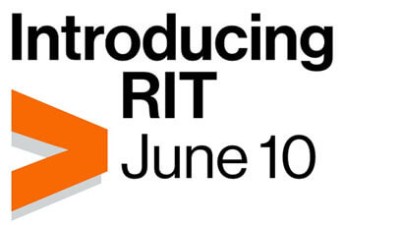Conversations in Math Seminar: Deterministic Questions that Arise in Connection with the Random Harmonic Series
Conversations in Math
Deterministic Questions that Arise in Connection with the Random Harmonic Series
Dr. Jim Marengo
School of Mathematics and Statistics
Rochester Institute of Technology
Abstract:
As calculus students should know, the harmonic series diverges but the alternating harmonic series converges (to ln 2). But suppose we flip a fair coin independently for each term of the harmonic series to decide whether to put a plus sign or a minus sign in front of that term. What is the probability that the resulting “random harmonic series” converges? This question may seem innocent enough, and in my experience, many colleagues and students seem to be able to quickly guess the correct answer with only minimal effort. However, the proof that their guess is in fact correct requires powerful tools from measure-theoretic probability, such as the celebrated three-series theorem of Kolmogorov. In this talk the use of measure theory will be avoided, but some related deterministic questions can still be answered conclusively and rigorously, as we shall see.
Intended Audience:
Beginners, undergraduates, graduates, experts. Those with interest in the topic.
To request an interpreter, please visit myaccess.rit.edu
Event Snapshot
When and Where
Who
This is an RIT Only Event
Interpreter Requested?
No








